Lavazza introduces the La Reserva de ¡Tierra! Cuba blend
Italian roaster Lavazza launches the La Reserva de ¡Tierra! Cuba blend, a contemporary story of a coffee that cares for farmers, consumers, and the local environment.
Since its foundation in 1895, Italian coffee company Lavazza has aimed to create unique blends by combining body, aroma, and taste. The brand has carried this ambition into 2023 by unveiling a new product for barista professionals and the hospitality industry.
Called La Reserva de ¡Tierra! Cuba, this new blend debuted in Italy in March, and is currently launching globally featuring beans from the Cuban regions of Granma and Santiago de Cuba.
“La Reserva de ¡Tierra! Cuba is a part of La Reserva de ¡Tierra! collection, in which every blend contains coffees from communities involved in social responsibility projects, promoted, and managed by the Lavazza Foundation. Rainforest Alliance and/or organic certified coffees are selected, blended, and gently roasted to offer a unique sustainable taste experience of coffee origins,” says Lavazza Brand Away from Home Director Michele Cannone.
Since 2004, the Lavazza Foundation has promoted and financed international sustainability projects in the countries where coffee is cultivated. The Lavazza Foundation currently supports 33 projects in 20 countries reaching more than 180,000 beneficiaries.
“The Lavazza Foundation aims to foster a long-term partnership to support organic Cuban coffee development while taking care of the local environment,” Cannone says.
By involving 170 farmers in the areas of Santiago and Granma, Lavazza Foundation works to improve the quality of Cuban coffee with five key deliverables, including forest preservation, agricultural practices improvement, coffee quality improvement, women and youth empowerment, and equity and short supply chain.
Cannone says the polyculture techniques used in this area promote biodiversity, guarantee the maintenance of the structural complexity of the territory, provide a stable source of sustenance and income for locals, and guarantee the ideal shade system for coffee plants.
“We train coffee farmers to cultivate a more homogeneous, higher quality crop and select the best cherries during the picking process, done entirely by hand,” says Cannone.
He adds that the quality of Cuban coffee is the result of the joint effort of farmers, agronomists, the Lavazza Foundation, and Lavazza research and development.
“Selecting and sorting different types of coffee can improve their overall value and in-cup quality. This activity is carried out using coffee sieves to separate bean sizes and a sorting machine to remove major defects. The Lavazza Foundation has created new employment opportunities by implementing a final manual sorting system, carried out and managed by an all-female team of 95 women.
Thanks to this final step, it is now possible to sort the coffee by quality and eliminate the defects that could not be mechanically identified,” Cannone says.
The Lavazza Foundation is also working with Cuban institutions to simplify the coffee supply chain by scaling down the number of intermediaries, and placing a greater focus on the roles that add real value to the product.
“We are supporting the future introduction of a reward mechanism based on coffee quality, to improve the wellbeing of farmers and quality of the product. Our goal is to create a participatory social budget for coffee production which takes into account human index development parameters,” says Cannone.
The contemporary output of Lavazza’s environmental and social commitment is La Reserva de ¡Tierra! Cuba, a premium blend made with coffee that is 100 per cent sourced from Cuban plantations involved in the Lavazza Foundation sustainability project.
“La Reserva de ¡Tierra! Cuba is a premium blend of 65 per cent washed Arabica combined with 25 per cent washed Robusta, and 10 per cent fermented Robusta. This creates a well-rounded flavour with a velvety body and a delicate sweetness that celebrates its Cuban heritage and boosts exotic flavours and notes in the cup,” says Cannone.
The controlled fermentation process, with selected yeasts, is used to enhance the flavour complexity of the blend, unlock exotic flavours, and make the final product sweeter and elegant in line with younger consumer preferences.
In order to improve the quality of the coffee and boost its economic appeal, Lavazza’s research and development experts worked closely with the Cuban communities through dedicated trainings to implement and improve the fermentation process of La Reserva de ¡Tierra! Cuba. It follows a very strict approach, which involves constant monitoring of time and temperature to guarantee the right flavour development.
Cannone says the result is a balanced espresso featuring aromatic notes of almonds, spices, and chocolate with a winey aftertaste.
“Lavazza’s slow, gentle, roasting method applies appropriate roasting techniques, such as gentle drum roasting combined with air conveyed technology to enhance the taste profile of coffee origins. Each blend of La Reserva de ¡Tierra! is roasted with strict setting parameters and different roasting profiles in order to release the best aroma compounds,” Cannone says.
La Reserva de ¡Tierra! Cuba is completely traceable through integrated blockchain technology that also gives consumers access to comprehensive information about the supply chain and the product, from plantation to cup.
“To remain transparent, the consumer can trace the coffee journey and our sustainability commitment by scanning the QR code on the back on any La Reserva de ¡Tierra! Cuba pack,” says Cannone.
“The ultimate aim of La Reserva de ¡Tierra! Cuba is to bring the journey from crop to cup to the consumer’s doorstep, while also helping the local population,” says Cannone.
For more information, visit www.lavazza.com/lareservadetierra
This article was first published in the November/December 2023 edition of Global Coffee Report. Read more HERE.
The post Lavazza introduces the La Reserva de ¡Tierra! Cuba blend appeared first on Global Coffee Report.
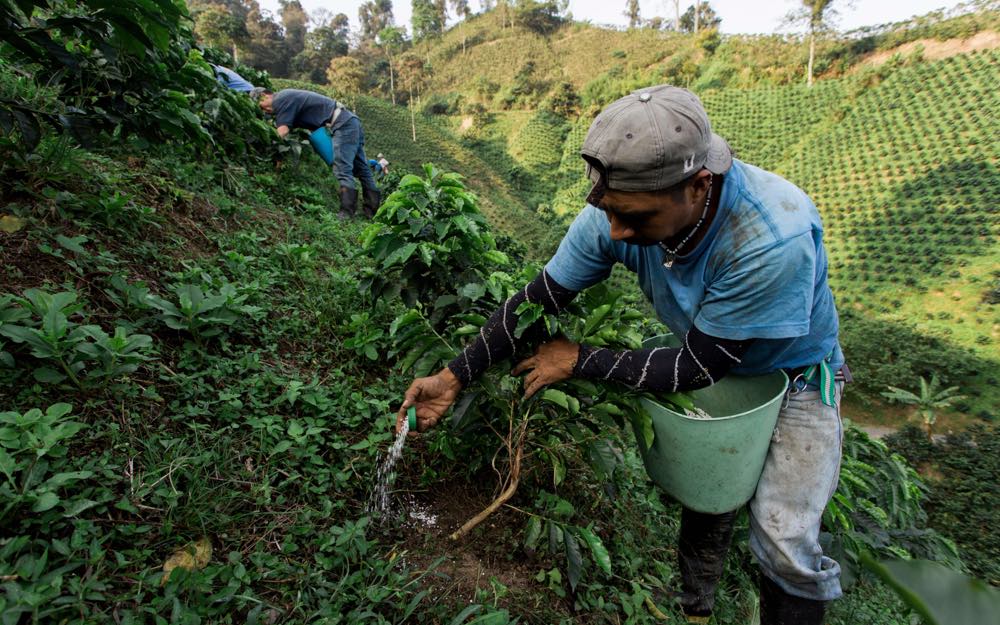
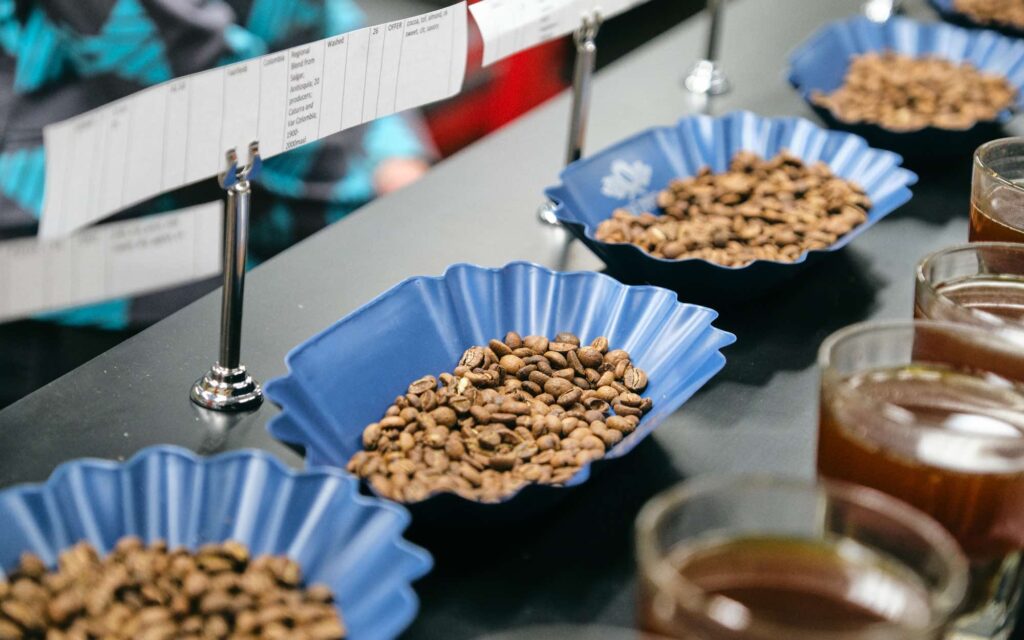
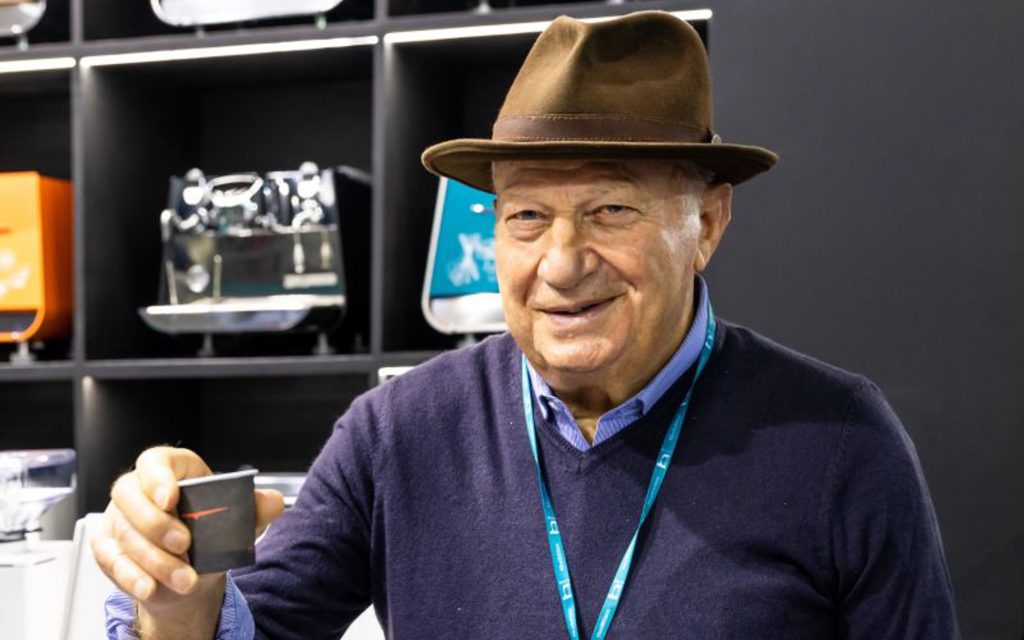
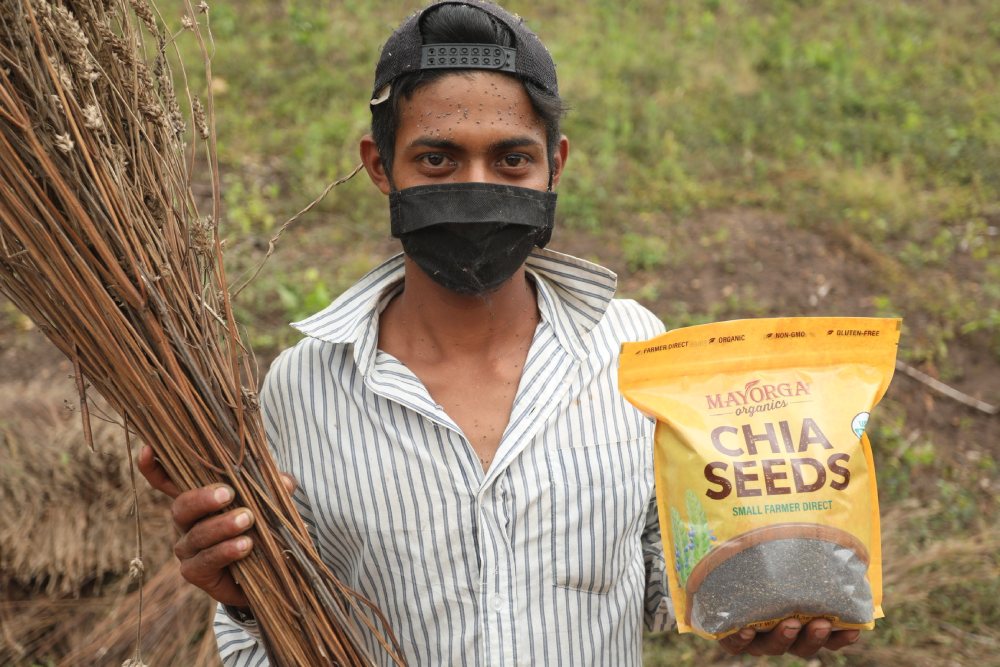
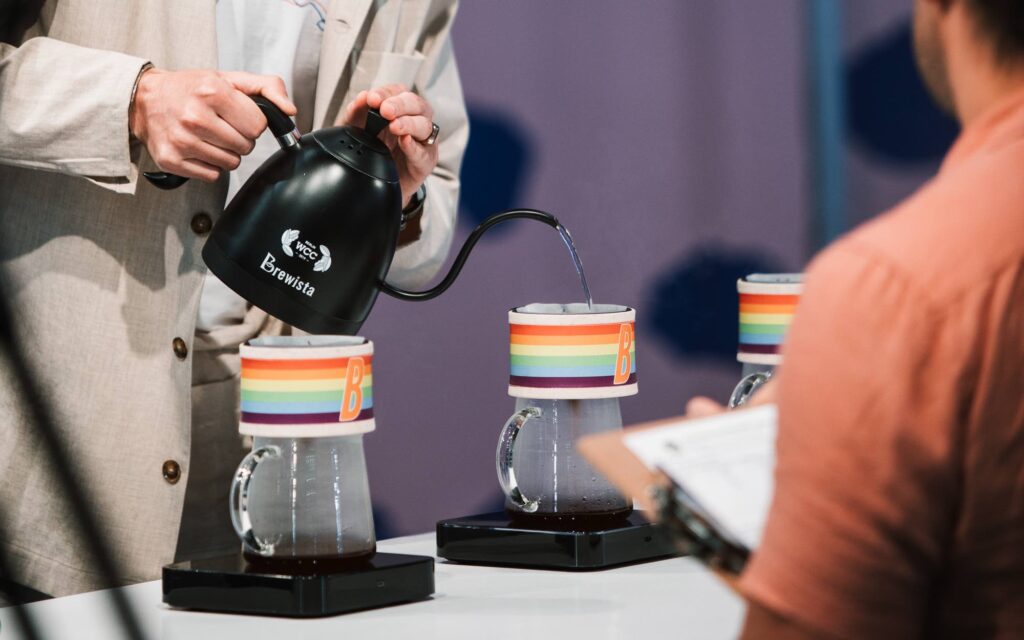
Responses